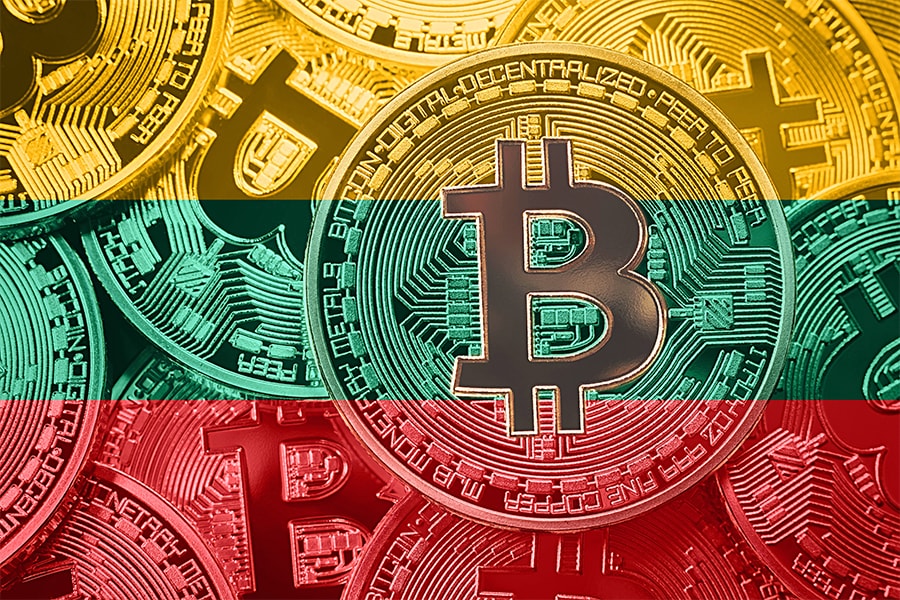
Lithuania aims to tighten crypto regulation and ban anonymous accounts
Lithuania is planning to tighten anti-money laundering and anti-terror financing regulations on crypto
 Image: Shutterstock
Image: Shutterstock
On Wednesday, Lithuania's local Ministry of Finance announced that it would introduce regulations to prevent money laundering and terrorism financing in the crypto market.
The Lithuanian government said it would increase its surveillance over crypto to combat money laundering threats and possible schemes by Russian elites to escape financial sanctions.
According to the local Ministry of Finance, multiple ministries of the Lithuanian government adopted law adjustments to Anti-Money Laundering (AML) and counter-terrorism financing in the crypto sector. If passed by the Seimas, Lithuania's legislature, the current law's revisions would tighten user identification rules, and anonymous accounts would no longer be allowed.
The regulations would further tighten requirements for exchange operators, requiring them to register as a corporate body with at least 125,000 euros in nominal capital by January 1, 2023. The senior management of such organisations would have to be comprised of permanent residents of Lithuania.
The announcement justified the move in light of the growing crypto industry and the associated geopolitical risks. It said, "More nuanced regulation of the suppliers of crypto-services is also important considering the international regulatory tendencies and the geopolitical situation in the region when many Western countries impose financial and other sanctions on Russian Federation and Belarus."





